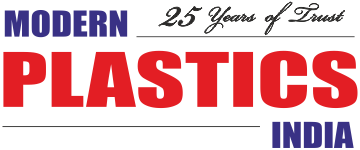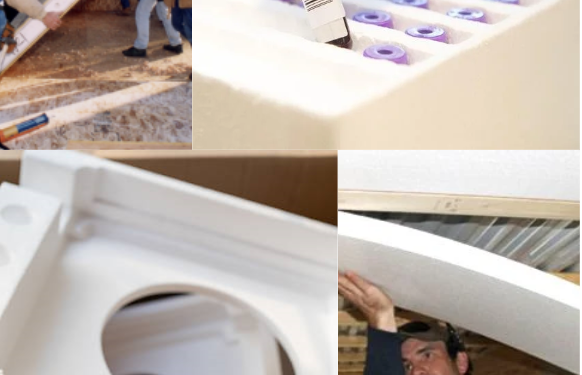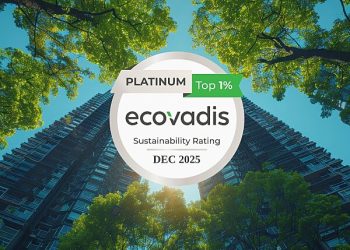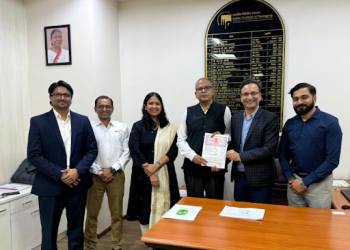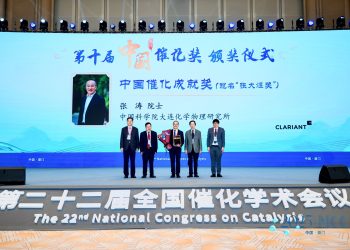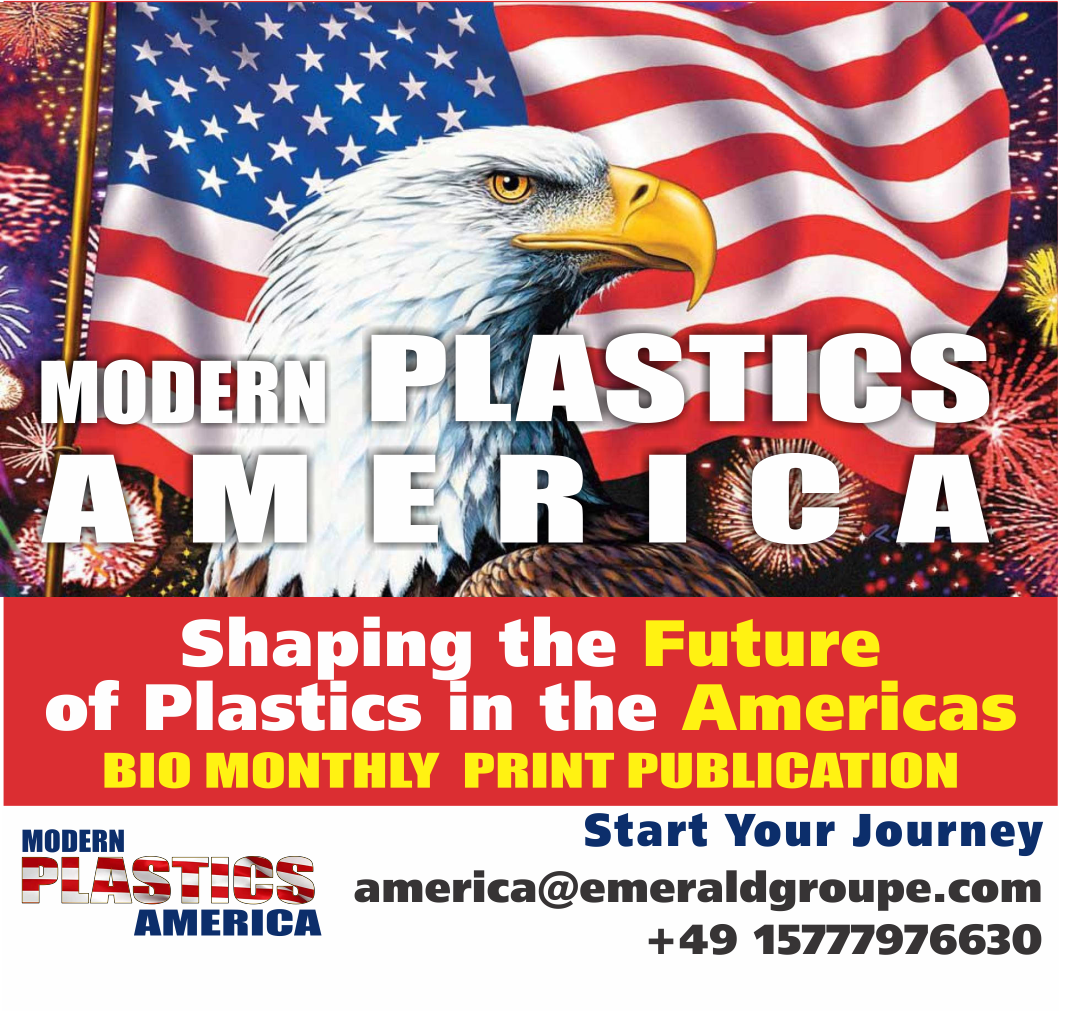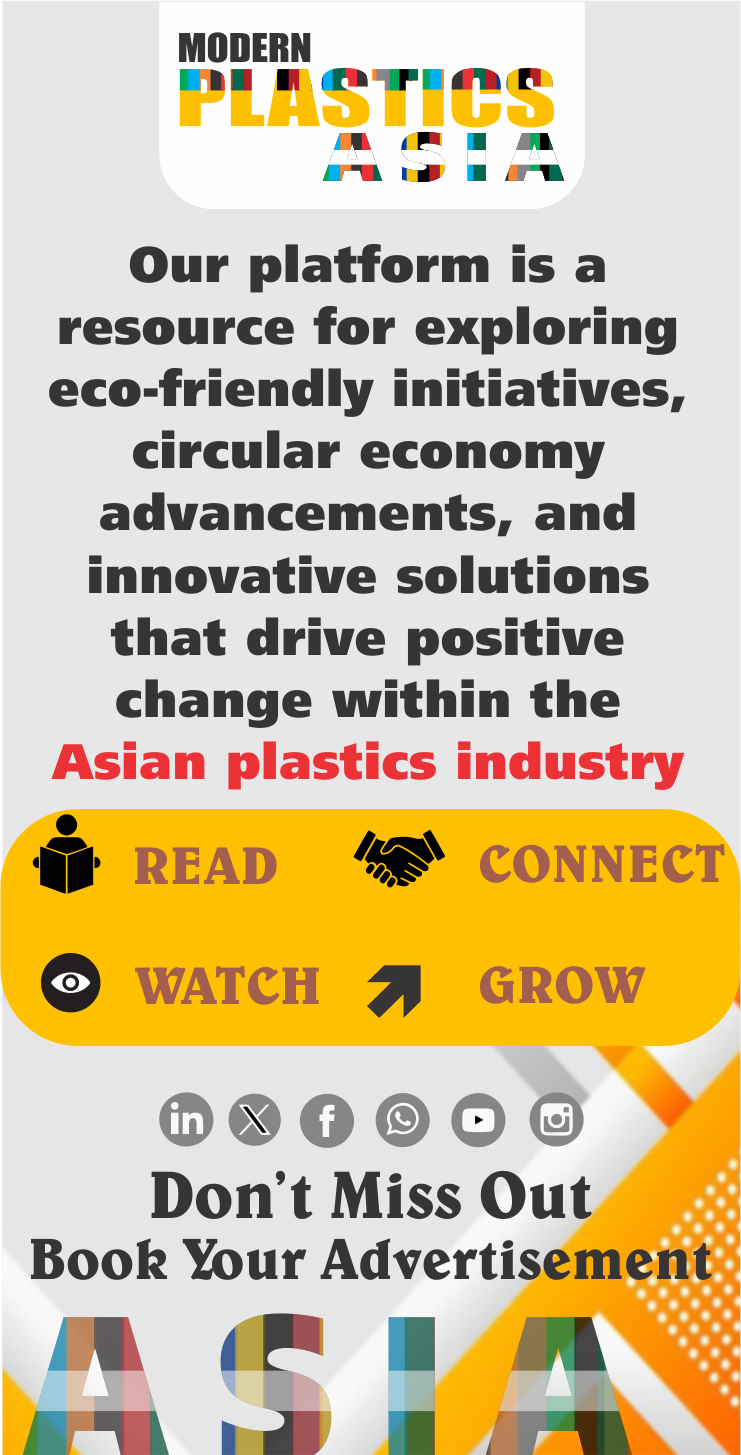EPS Industry Responds to State Attorneys Generals’ Investigation into Environmental NGOs
The EPS Industry Alliance (EPS-IA), representing manufacturers of expanded polystyrene (EPS) transport packaging in North America, today expressed support for the action taken by five State Attorneys General to investigate potential antitrust and consumer-protection infractions involving several environmental non-governmental organizations (NGOs).
The inquiry, issued by the Attorneys General of Florida, Iowa, Nebraska, Montana, and Texas, focuses on whether coordinated NGO initiatives have influenced U.S. packaging markets through uniform targets, material classifications, and public assertions that may not be grounded in comprehensive or transparent scientific review. Signaling the serious nature of this action, the Attorneys General stated in their joint letter issued earlier this month, “We have grave concerns that this mission is harmful to our states’ economies, results in higher costs to our states’ consumers, unreasonably restrains trade, and reduces output and quality of goods and services,”.
Ensuring Fair Competition and Fact-Based Policy
EPS-IA members operate manufacturing facilities in 41 states and supply protective packaging essential to pharmaceuticals, electronics, furniture, agriculture, and other key economic drivers. These companies have experienced detrimental policy and procurement decisions shaped by NGO claims about EPS that do not accurately reflect scientific research, human health impacts, or actual recycling performance.
“Environmental NGOs play an important role in public dialogue, but that role must be grounded in accuracy and sound science,” said Betsy Bowers, Executive Director of EPS-IA. “Our concern is not with advocacy itself, but with the growing pattern of mischaracterizations about EPS and other packaging formats that mislead consumers, distort markets, and hinder policymakers’ ability to make informed decisions.”
Correcting Common Misunderstandings About EPS Packaging
EPS-IA offers several examples of widely repeated but inaccurate assumptions that frequently appear in public campaigns:
1. EPS transport packaging is widely recyclable.
While food-contaminated materials, including polystyrene, are more difficult to recycle, EPS transport packaging—a distinct category—is recycled in practice and at scale, in accordance with ISO 14021.
2. EPS is not a leading component of global litter.
Multiple cleanup data sets, some of which are frequently cited out of context, show that EPS does not consistently appear among the most common global litter items. Cleanup reports often aggregate unrelated foam materials, leading to inflated perceptions of EPS prevalence.
3. Health claims about EPS are often based on misapplied or unrelated data.
Regulatory bodies including FDA and EFSA have found no evidence of health risk from EPS used in packaging under normal conditions. Assertions to the contrary often rely on studies involving other plastic materials, unrealistic test conditions, or laboratory-grade EPS infused with ultraviolet agents that have different chemical properties than commercial EPS. November 20, 2025 – Page 2 of 2 1298 Cronson Blvd., Ste 201 Crofton, MD 21114 (410)451-8340 www.epsindustry.org
4. Alternatives are not impact-free.
Life cycle assessments comparing EPS against molded pulp, corrugated fiber, and other substitutes show significant environmental trade-offs such as higher water consumption, greater energy use, and increased greenhouse gas emissions. Several peer-reviewed studies demonstrate that EPS performs favorably in many key impact categories.
A Call for Accuracy and Transparency
EPS-IA emphasizes that it respects environmental organizations and recognizes their contributions to public awareness. The Alliance’s concern lies not with advocacy, but with the consequences of inaccurate or incomplete information influencing public policy, especially when such claims can drive market-wide material shifts or are used to fuel fundraising.
“Good policy begins with good data,” Bowers said. “We welcome the Attorneys General’s examination and stand ready to support a transparent, fact-driven review that strengthens public trust and environmental outcomes.”
#Epsindustry #Modernplasticsindia #Pasticsnews #ModernPlasticsIndiaMagazine
#PrintPublication #Modernplasticsindia
